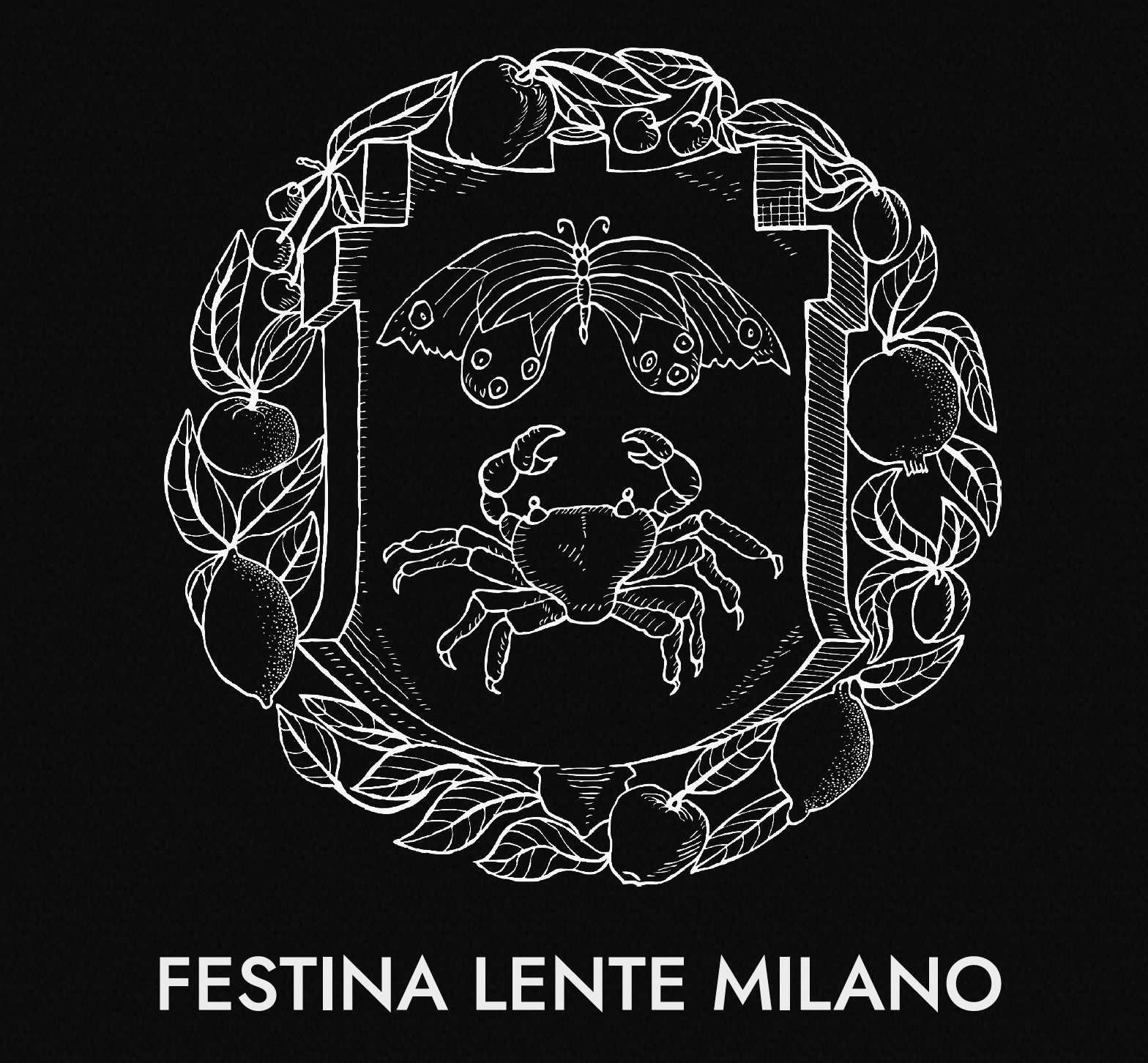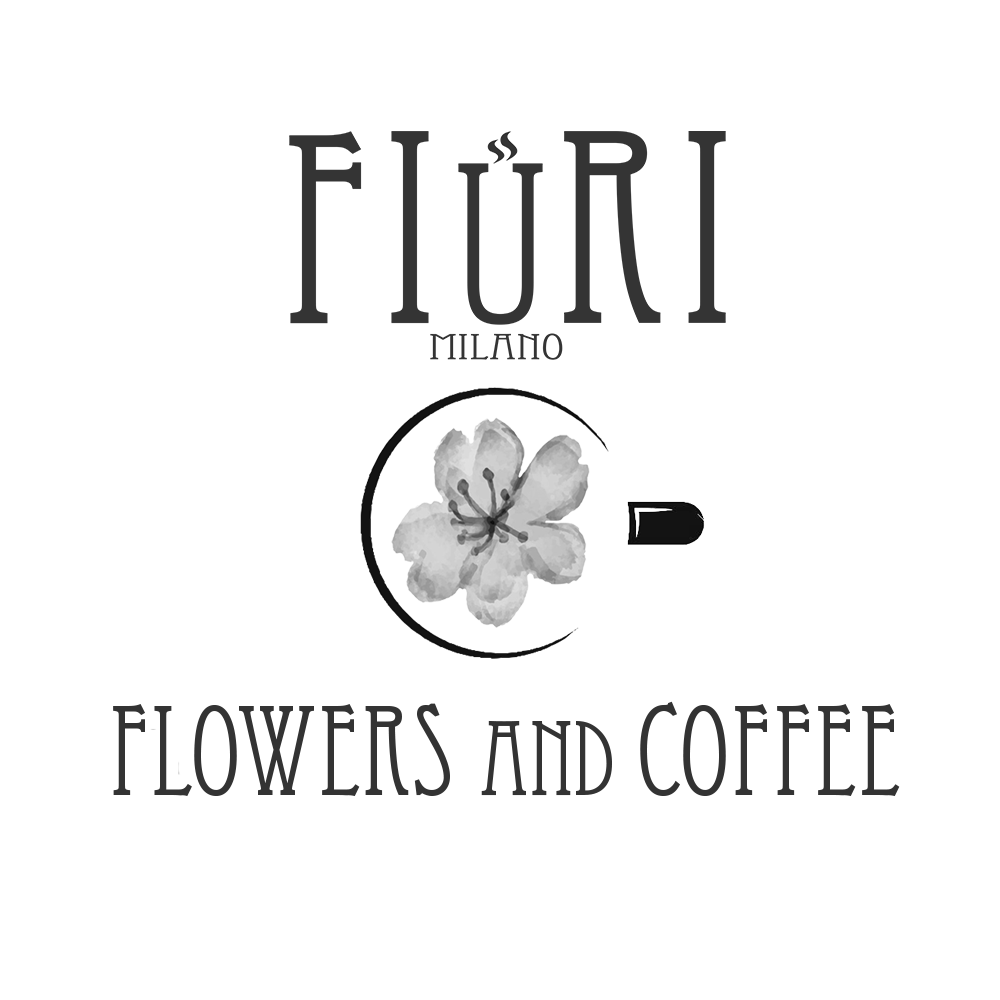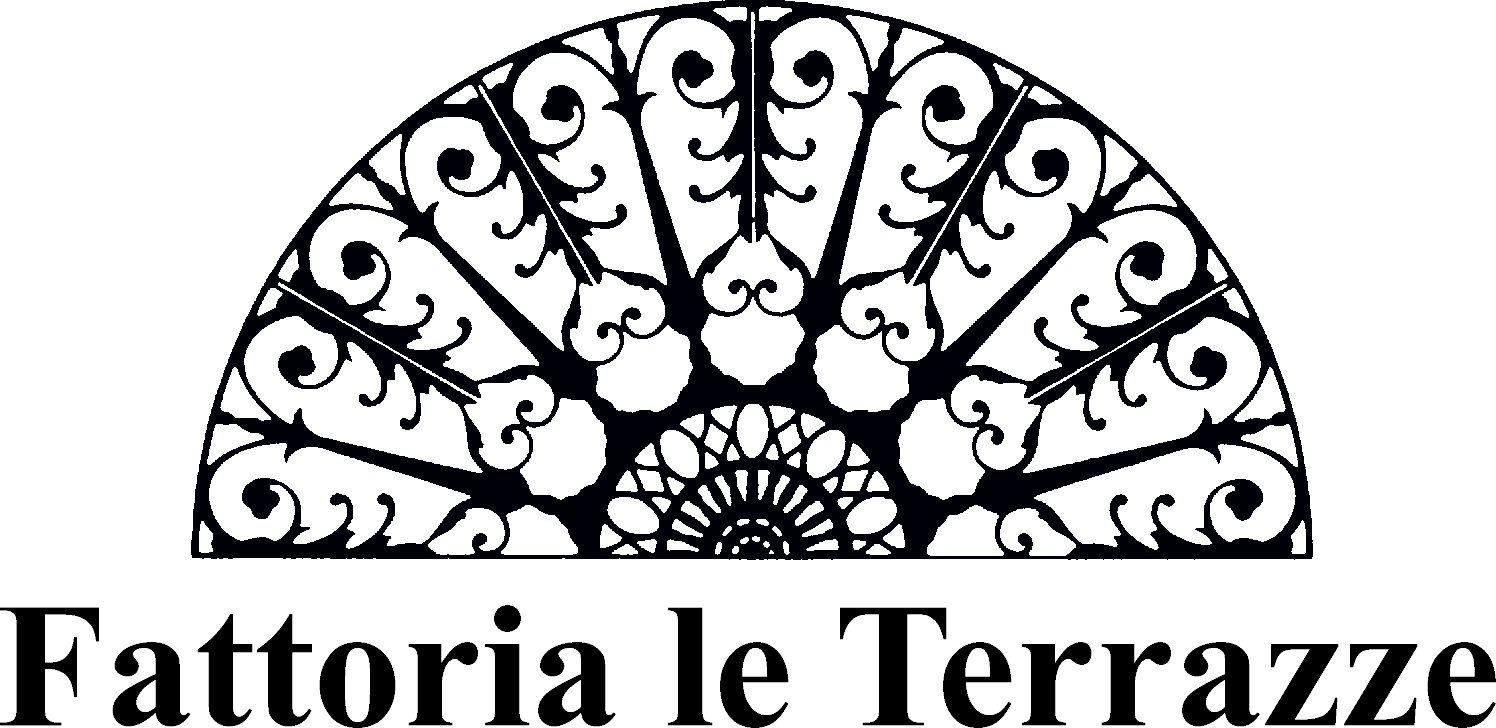Short Culture Cuts #4: Short art-house films have become very long

Italiano a seguire
Short art-house films have become very long
SHORT CULTURE CUTS - A series, in collaboration with Rolling Stone Italia, to reflect on what is short today. Spoiler: everything.
< And if now that everything is short, or very short (we’re always saying that on these pages), short films had suddenly become long? I’m saying short art-house films, the ones that are worth as much as feature films to all effects – I’m saying this so that we understand one another; I know that shorts are films to all effects. Films to all effects that run for 40 minutes, like an episode in a series - and I think that the era of Prestige TV, then overtaken by Peak TV, in turn overtaken by Too Much TV, has really shuffled the cards, probably changing the perception of what films are forever: an episode can be a film with all the trimmings, for example the third one in the first season of The Last of Us now under way; end of the very long (sorry, I know that we do everything short here) digression.
Le pupille by Alice Rohrwacher, a very beautiful film, has excellent chances of winning the Oscar for the best live-action short film. Le pupille runs for 37 minutes. Is it a short film? Technically yes. Is it a film (again “so that we understand one another”), as above? Of course. In its construction, writing, directing, it has nothing less than Meraviglie or Lazzaro felice. Actually, can I say it? It is also more successful and focused in certain ways. The little girls, the nuns, the Italian province, everything without a drawl. And the letter by Elsa Morante, the cake, Valeria Bruni Tedeschi, everything is just perfect.
Le pupille was in Cannes as a film to all effects (not in the selection of short films, just to make it clear), just as the splendid The Human Voice by Pedro Almodóvar (30 minutes) was screened in Venice in 2020. (Pedro Almodóvar who, incidentally, has just shot Strange Way of Life, a gay Western with Ethan Hawke and Pedro Pascal. But we’ll talk about that another time).
It's always happened, you’ll say. That’s right. Agnès Varda went from feature-length (even very long feature-length) to the short film with the nonchalance that only she had, and today could we say that her filmography is divided between mini and maxi films? That some are less representative than others? But it’s a fact that the Oscars – if we want to rely on that company prize – in recent years have rewarded short films that are increasingly long. The Long Goodbye, of 2021, is 26 minutes long; Two Distant Strangers, which won in 2020, is 32 minutes long.
It is when shorts are too, ehm, short that certain directors decide to make them longer. The case of Les misérables by Ladj Ly comes to mind: the same title and practically the same cast for the short movie (of 2017, running time 16 minutes) and for the feature film (of 2019, a prize-winner at Cannes and global consecration for its author).
Perhaps I’ll ask Alice Rohrwacher to make Le pupille longer, even though it is very good as it is. Or to make a series of it: besides, aren’t series today just many small films put one after the other? >
by Mattia Carzaniga
- ARTICOLO IN ITALIANO SU ROLLING STONE ITALIA
I corti d’autore sono diventati lunghissimi
SHORT CULTURE CUTS - Una serie a puntate, in collaborazione con Rolling Stone Italia per riflettere su cosa è, oggi, corto. Spoiler: tutto.
< E se ora che tutto è corto, anzi cortissimo (su queste pagine lo scriviamo sempre), i corti fossero improvvisamente diventati lunghi? Dico i corti d’autore, quelli che valgono come film a tutti gli effetti – lo dico per capirci: lo so che i corti sono film a tutti gli effetti. Film a tutti gli effetti che però durano 40 minuti, come l’episodio di una serie – e credo che l’era della Prestige Tv, poi superata dalla Peak Tv, ormai a sua volta superata dalla Too Much Tv, abbia davvero sparigliato le carte, cambiando probabilmente per sempre la percezione di cosa sono i film, un episodio può essere un film con tutti i crismi, vedi il terzo della prima stagione di The Last of Us ora in corso; fine della lunghissima (scusate, lo so che qua famo tutto corto) digressione.
Le pupille di Alice Rohrwacher, bellissimo, ha ottime chance di vincere l’Oscar come miglior cortometraggio live-action. Le pupille dura 37 minuti. È un corto? Tecnicamente sì. È un film (sempre per detto alla “per capirci”, come sopra)? Certamente. Come costruzione, scrittura, regia, non ha nulla da togliere alle Meraviglie o a Lazzaro felice. Anzi, posso dirlo? È pure più felice, centrato, ispirato per certi versi. Le bambine, le suore, la provincia italiana, ma tutto senza birignao. E la letterina di Elsa Morante, la torta, Valeria Bruni Tedeschi, tutto perfetto.
Le pupille era a Cannes come film a tutti gli effetti (non nella selezione dei corti, per capirci), così come a Venezia 2020 lo splendido The Human Voice di Pedro Almodóvar (30 minuti). (Pedro Almodóvar che, parentesi, ha appena girato Strange Way of Life, western gay con Ethan Hawke e Pedro Pascal. Ma ne riparleremo.)
Succede da sempre, direte. È vero. Agnès Varda passava dal lungo (persino lunghissimo) al corto con la nonchalance che solo lei aveva, e potremmo oggi dire che la sua filmografia sia divisa tra film mini e maxi? Che gli uni siano meno rappresentativi degli altri? Ma è un fatto che gli Oscar – se vogliamo fare affidamento su quel premio aziendale – nelle ultime edizioni abbiano premiato corti via via sempre più lunghi. The Long Goodbye, del 2021, dura 26 minuti; Two Distant Strangers, vincitore nel 2020, 32 minuti.
È quando i corti son troppo, ehm, corti che certi autori decidono di allungarli. Mi viene in mente il caso di Les misérables di Ladj Ly, stesso titolo e praticamente stesso cast per lo short movie (del 2017, durata 16 minuti) e per il lungo (del 2019, premiato a Cannes e consacrazione globale per il suo autore).
Forse chiedo ad Alice Rohrwacher di allungare Le pupille, anche se va benissimo così com’è. Oppure di farci una serie: del resto, le serie oggi non sono tanti piccoli film messi uno dopo l’altro? >
di Mattia Carzaniga
A PROJECT BY

Patronage




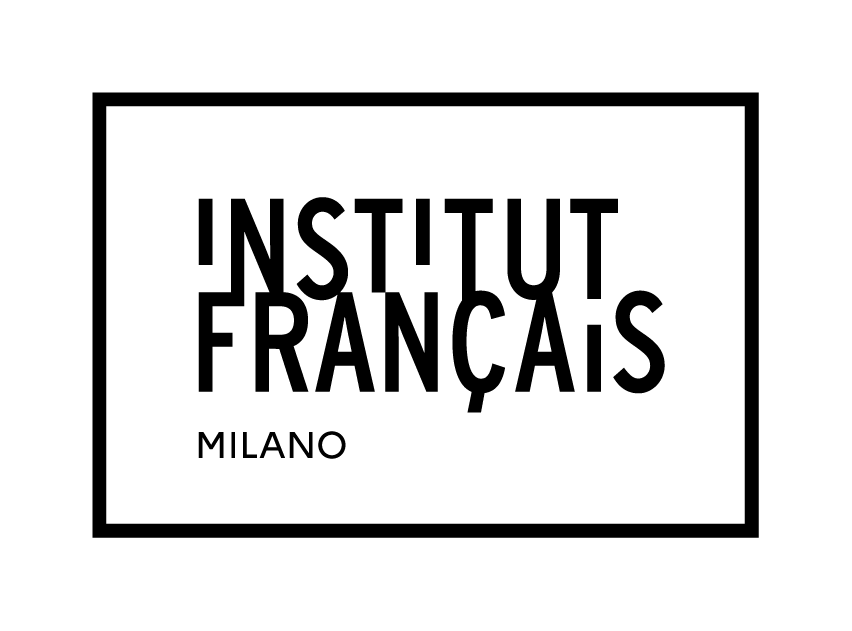
SPECIAL PARTNER

MEDIA PARTNER

location partner
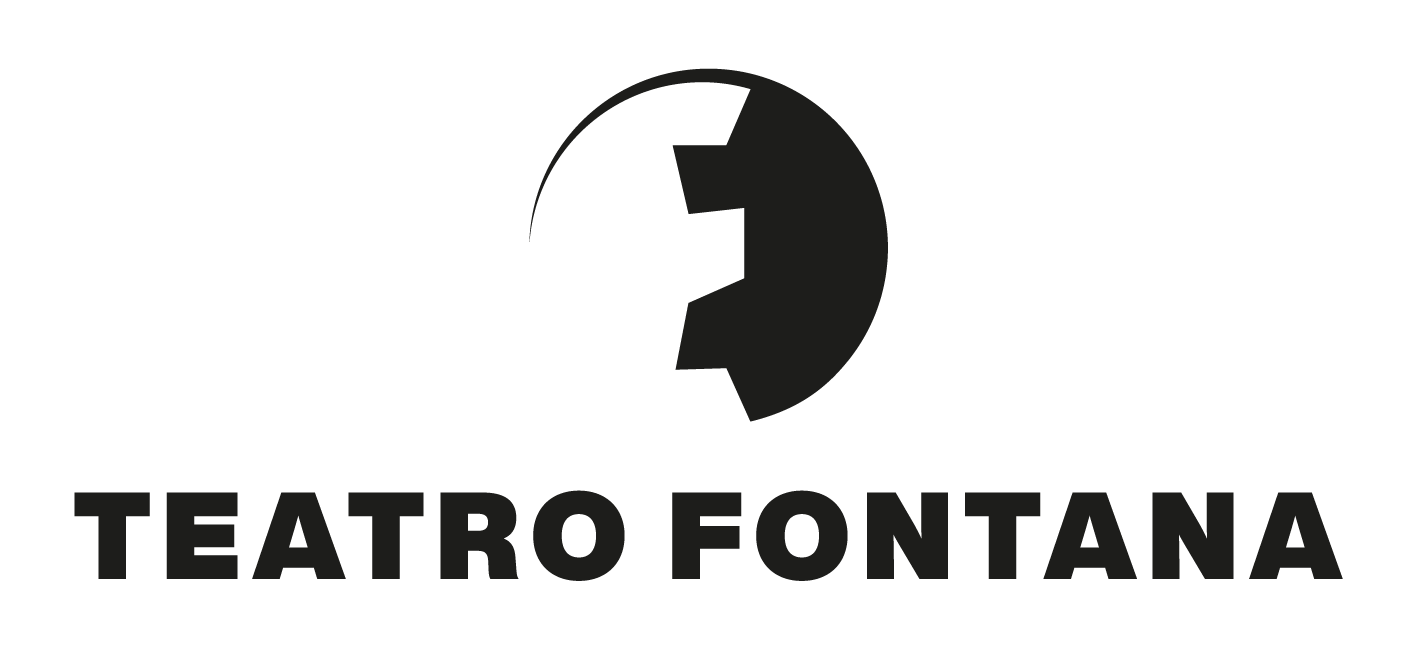

FRIENDS & SUPPORTERS



